On May 27, Ewan McGregor returns to the iconic role of Obi-Wan Kenobi, and we got a chance to talk to the actor, his co-star Moses Ingram, and the director of the Disney+ series Obi-Wan Kenobi, Deborah Chow. Ewan McGregor spoke about coming back to play the role he took on in the Star Wars prequels.
He said, “Well, it was a very long, slow process of coming back to playing him, I guess. It was born of two things. I was just asked a lot. The end of every interview I ever did for years I was asked two things; would I do the sequel to Trainspotting, and would I ever play Obi-Wan Kenobi again. It was always the last two questions as the publicist is poking her head around the door, saying, ‘That’s the last question.’

“And so, I just started answering it honestly, and I think I became more aware of the fondness that the generation that we made the prequels for have for those films. Because when we made them, we didn’t hear that. We didn’t get that response, really.
“So, gradually, I started realizing that people really liked them and that they meant a lot to that generation. So, that made me — that warmed my feelings about them, I guess, or my experience of being in the Star Wars world.
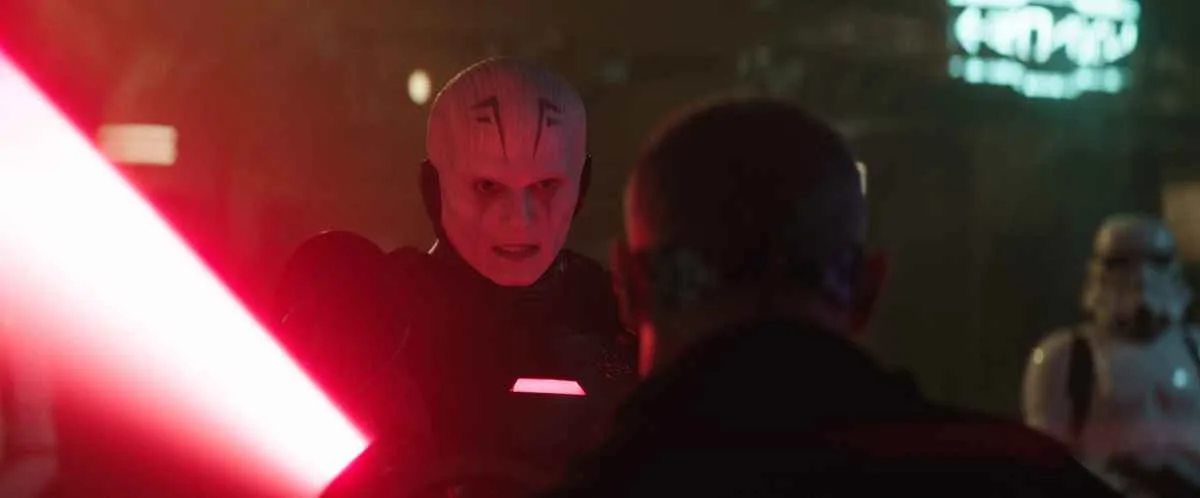
“And then, Disney just asked me to come in one day for a meeting because they kept seeing on social media that I’m saying that I would play — I would like to play Obi-Wan Kenobi again. It looked like I was sort of touting for work at Disney’s door. Like, you know, could you cast me? But anyway, they got me in and asked me if I meant it, and I said, yeah, just — I said I would love to play him again.
“I think there’s got to be a good story between Episode III and Episode IV, and that’s what we definitely found, you know, after a lengthy process of exploring some different storylines. I think we’ve ended up a really, really a brilliant story and one that will satisfy the fans sitting between those two episodes.”

Deborah Chow is directing the series and talked about what it was about this character and this story that excited her. She said, “I was really excited at the idea of getting to do a limited series for one just because you get to tell sort of a bigger story, but you also have the time to really get into the character.
“So, I think, first and foremost, I was the most excited about doing a character-driven story and really kind of having the opportunity to get more depth and have more time to really get to know the character.”
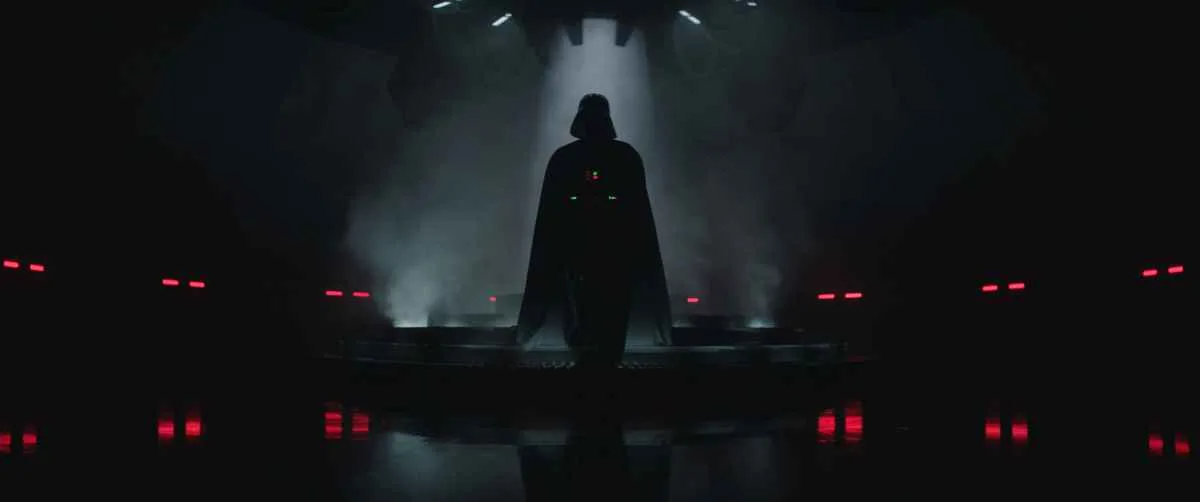
Moses Ingram plays Reva Sevander / The Third Sister and said of what she was excited about, “I think it came to me just like everything else does, but I didn’t know that it would be Star Wars. And I think when I read the script, that was the thing that attracted me the most, even though it was, like, dummy sides. But later on, realizing that it was edgy and fun and cool, and I just, you know, I couldn’t say no. I mean, it’s Star Wars.”
And what was her reaction to finding out what this project was? “Surprised. I was surprised I mean from what I knew of Star Wars, I didn’t realize it was that dangerous. It felt dangerous what I was reading and I was like, ‘Oh, I like this. I’m into this. Yeah.’ So, I was really excited.”
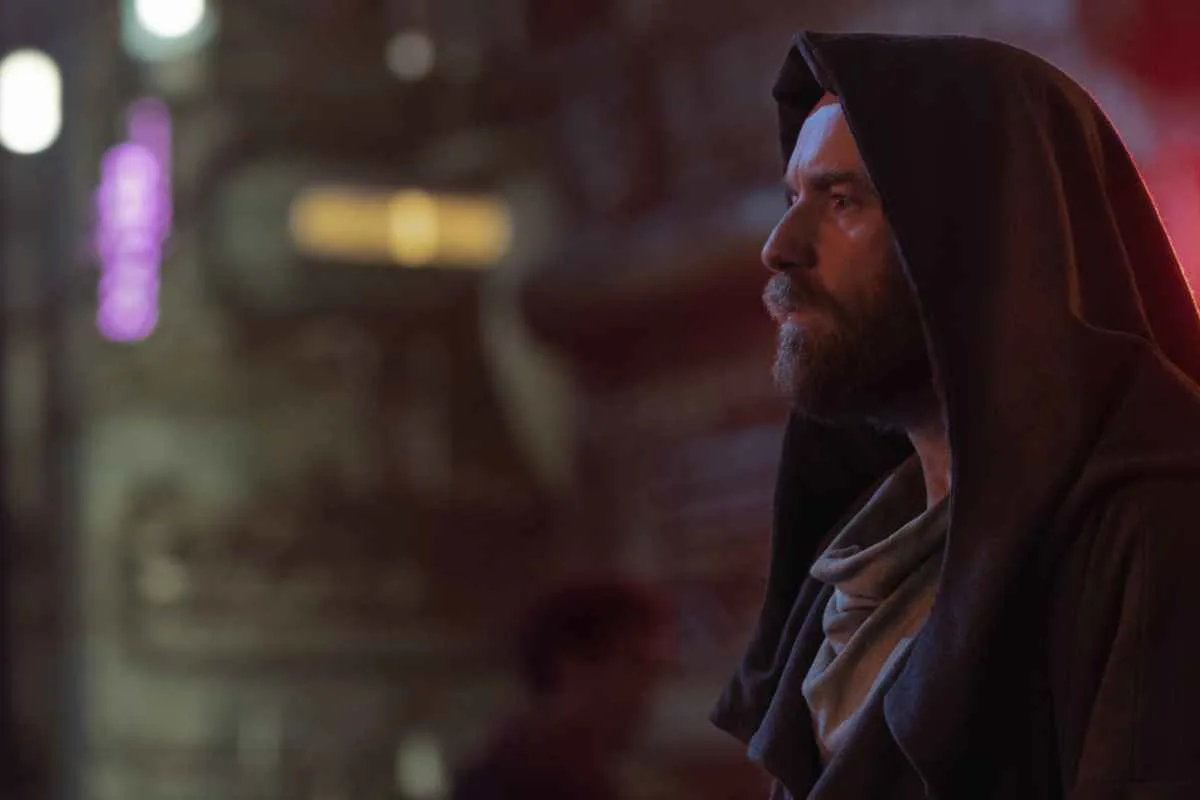
In terms of what is different this time around, McGregor said, “I think because of what happens at the end of Episode III, Revenge of the Sith. That’s what it’s called. Yeah. Yeah. At the end of the third episode, you know, the Jedi order is all but destroyed, and those who aren’t killed have gone into hiding, and they can’t communicate with one another.
“So, for ten years, or if it’s been ten years, for ten years, Obi-Wan has been in hiding. He can’t communicate with any of his old comrades, and he’s living a pretty solitary life. He’s not able to use the Force. So, in a way, he’s lost his faith. It’s like somebody who’s stepped away from their religion or something if you like.

“And the only responsibility to his past life is looking over Luke Skywalker, whom he’s delivered to – we see at the end of Episode III – to Uncle Owen and Aunt Beru. So, that’s his only sort of link to his past. So, it was interesting to take a character that we know and love from Alec Guinness’ creation of the character in the seventies of this wise, sage-like, spiritual man.
“And then, the work that I did in Episode I to III from the padawan, from the student to the Jedi to somebody who’s sitting on the Jedi council, you know, to take that Obi-Wan and take him to this more sort of broken place was really interesting to do.”
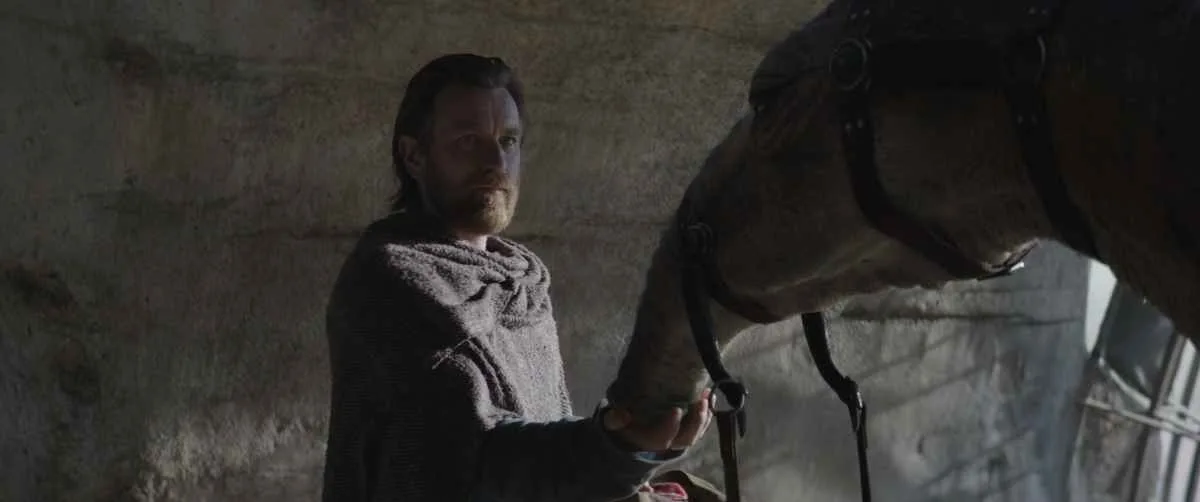
He was asked if it was a fun challenge to play different versions of this character at different points in his life. He said, “Yeah, absolutely. And just being closer to Alec Guinness, I guess, in age was interesting. And also, just the — Alec Guinness’ Obi-Wan, you know, when we find him as a solitary figure. He’s living in the desert alone, and so I suppose, and my Obi-Wan is just a bit closer to his now.”
Chow spoke about the relationship between Anakin / Darth Vader and Obi-Wan, saying, “I think, you know, when we were developing the material, and we were really looking at the character of Obi-Wan and looking and going, you know, what was important in his life, what are the relationships that were meaningful. And obviously, the history coming out of the Revenge of the Sith is so strong, and it’s so powerful that it really felt like, for us, that, you know, obviously, there’d be so much weight coming into this story that was connected to Anakin / Vader. So, I think it just felt natural that, obviously, it would be Hayden and that, you know, we would continue this relationship in the series.”
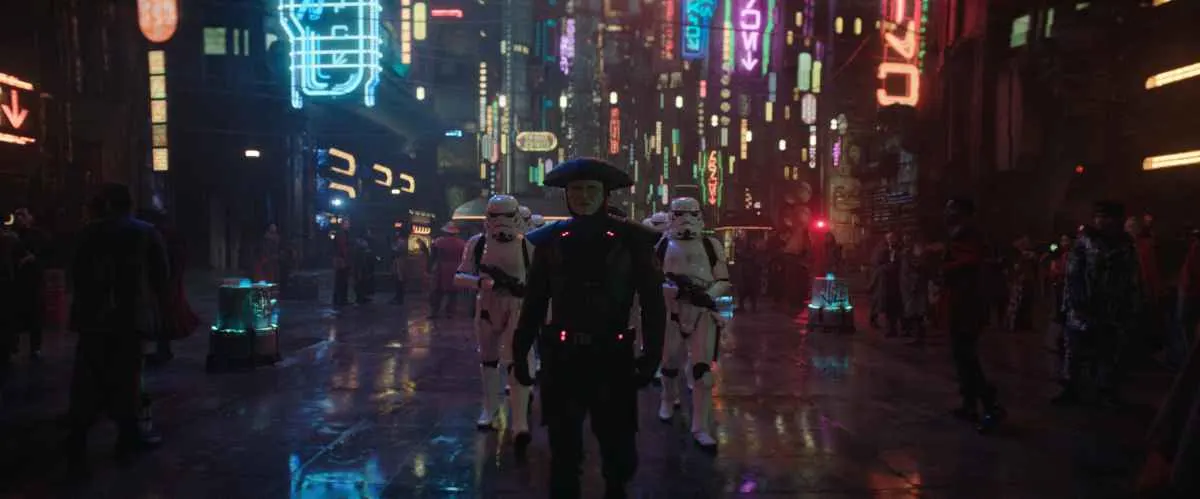
McGregor said it was great to be back on set with Hayden Christensen, saying, “I mean, we just were so close when we met the first — we made Episode II and III together, and we made them in Australia. So, we were both away from home, and we had so much time training for the fights together and then being on set together. But also, because we were so far from home, we spent a lot of time together outside of work. And so, we were close.
“And then, over the years, I guess, we had slightly lost touch. I hadn’t seen Hayden for years. So, when I saw him again and was able to talk about this project with him, it was very, very exciting. It was great. And when we were acting together, it was really like some sort of time warp. It’s really like looking across at him on set. It was like the last 17 years didn’t happen at all, you know. It was really peculiar.”
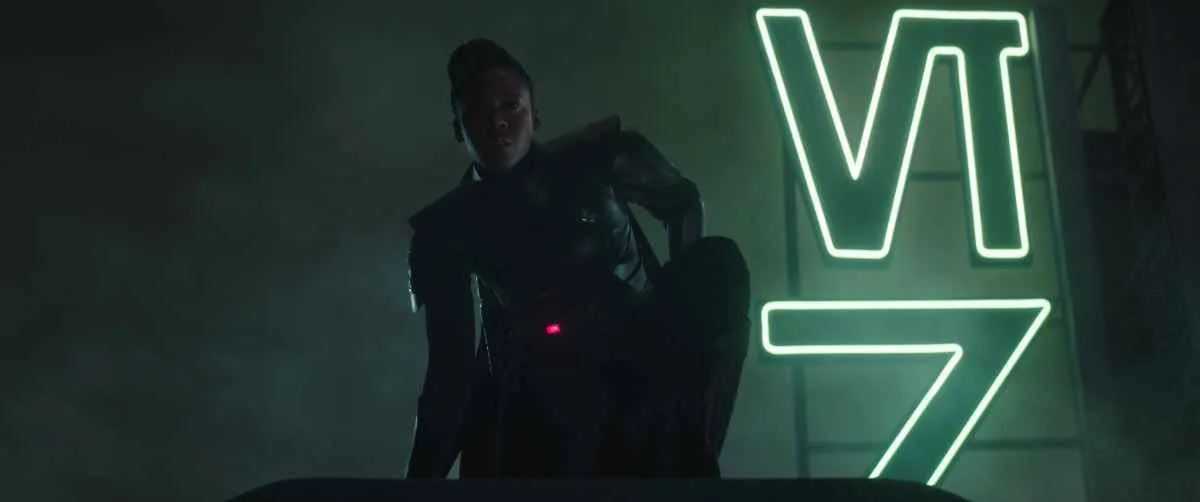
Ingram talked about who Reva, the Third Sister, is. “She’s really smart, and she plays the offense, and she’s always ten steps ahead, you know. She is a subordinate of Darth Vader, and she’s going to do everything she can to get the job done to the best of her ability. And I think I was most intrigued by just her fervor for what she does.”
Since she’s working for Darth Vader, we know she’s dealing with the Dark side. She said, “It was really fun. It’s fun to be bad. [laughs] It’s fun to be bad, and also, I feel like, you know, the weaponry and the stunt work, once you get to a point where your body is confident making the moves, you know, that plays into it as well as the costumes, you know. Suttirat [Anne Larlarb] did such an amazing job, our costume designer. Like building something that when you step into it, it lends itself to a feeling, you know what I mean? And so, I was happy to be there. I was really happy to be there.”
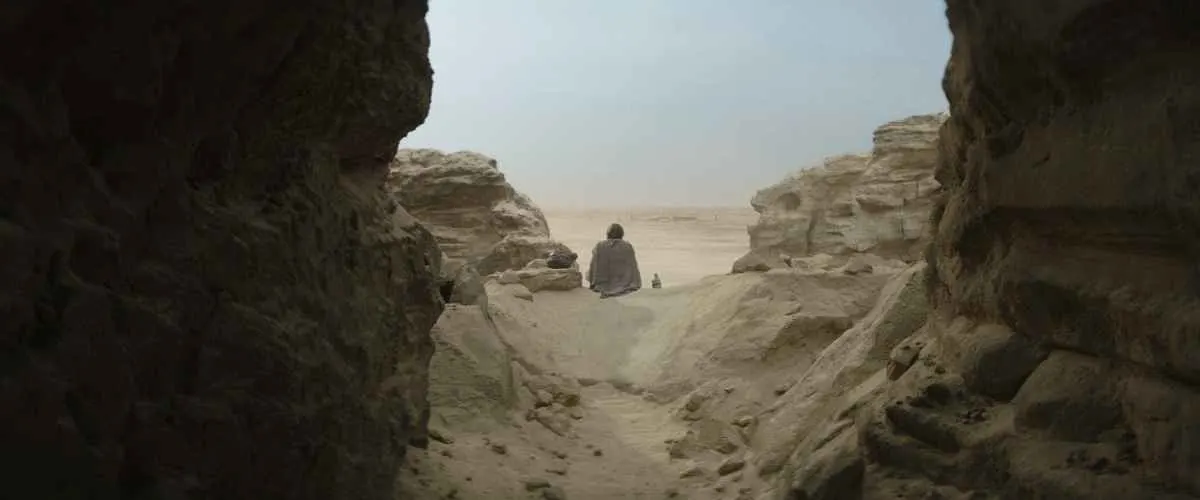
She got to train with a lightsaber, which is every kid’s dream. “It was cool. We trained for about four months before we ever even got to set. The everyday, regular strength and cardio, and then three days a week of Jedi school on top of that, which, in the beginning, was a little intimidating because I come in. We’re doing lightsaber work, and, of course, he’s been doing this for years. So he’s flipping it and wielding it, and I’m like, oh, God, I’m never going to get it. I look terrible. But, you know, if at first you don’t succeed, try and try again.”
Ewan McGregor was asked about how love for the prequels has developed over the years. “Yeah, it means a lot. It means a lot, actually. One of the difficult things about being in the prequels was that they were, you know, when they came out, they were not- it wasn’t seemingly well received because there was no social media. There was no sort of direct avenue to the fans at the time. And also, the fans were kids, you know. We made those films for — when I was — when the first film came out, A New Hope, I must have — I was born in ’71. So, I think I was six or seven when it came out. And I’ll never forget that feeling and how my relationship with Star Wars, all those original first three films.”

He added: “I mean, that’s one of the crazy things about being in Star Wars now at all. I’m in it, you know, having been that little kid, you know. And so, once those kids who were my age, when the prequels came out, grew up a bit, and I was able to meet them, and I started hearing that people really liked them and have a, you know, they couldn’t understand why I thought that they weren’t liked when they came out, you know. It meant a lot to me, so it’s really — I’m sure it’s one of the reasons we’re all sit– you know, why I wanted to do this again was because of that.
“It’s nice to — the Star Wars fans are amazingly passionate, and they’re probably some of the strongest fans in the world, you know, for anything. And so, to be able to give them something like this. To make a series, the Obi-Wan series, which it seems that there’s been a hunger for some long time. And to be able to, like, give that to them now next week is really exciting.”
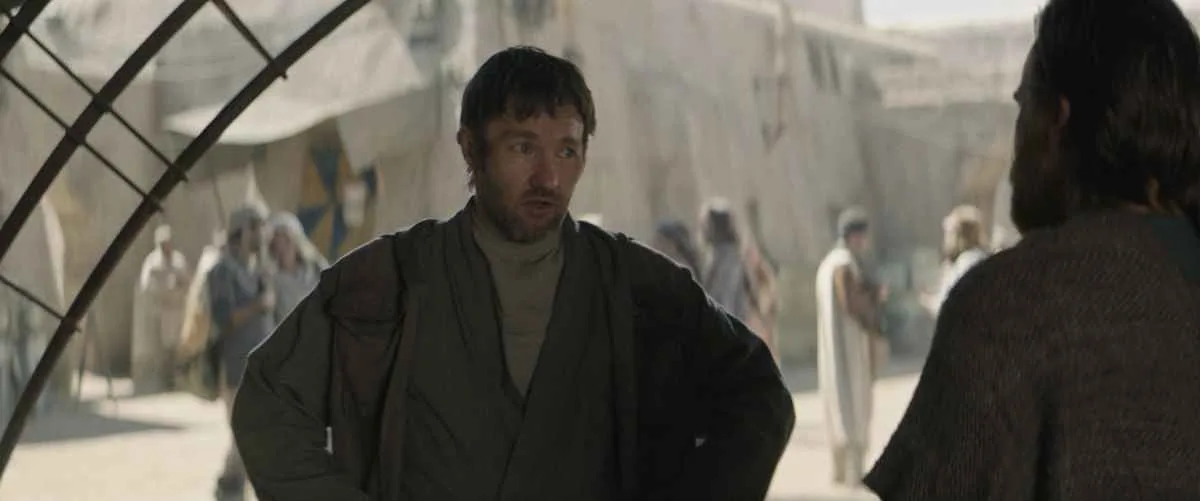
Chow spoke about the technology involved in the new series. “Yeah, obviously, I started using that technology, stagecraft, on Mandalorian. So, I was actually incredibly excited to be able to use it on Kenobi as well. I think one of the interesting things is, you know, in the first season of Mandalorian, a lot of the tech, you know, it’s advanced so much. Every passing year, there are advances.
“So, by the time we came to do Kenobi, you know, already there were things that we could do that we couldn’t do in the first season. But it was also really exciting to be able to design and develop material, knowing that I was going to shoot stagecraft. So, a lot of times, I’d be looking at the scene even as we were writing it, thinking about how is this going to translate into the volume and how can we take advantage of the tech as best as possible.”
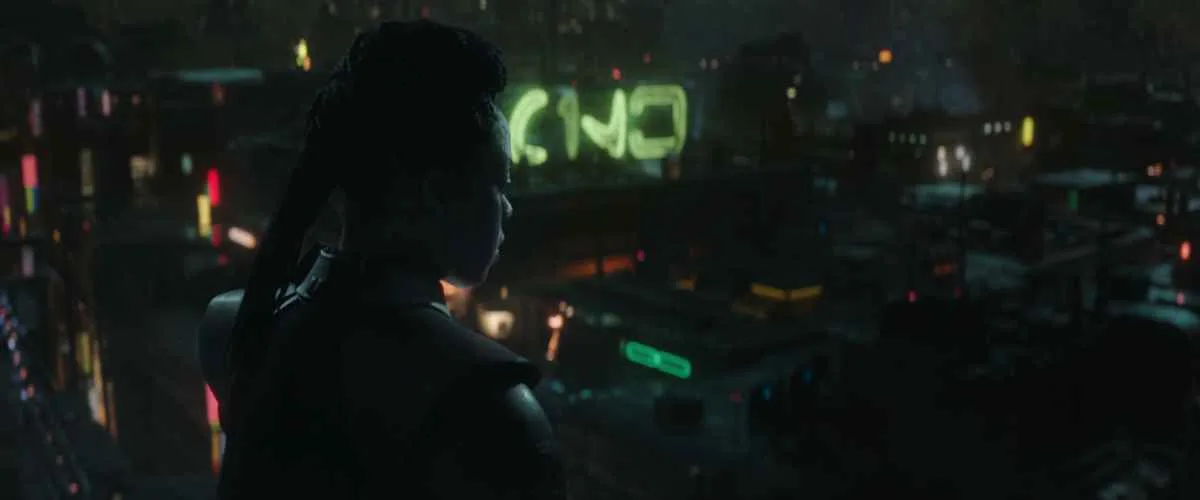
Ewan McGregor was asked if his old lightsaber training came back to him. He said, “Yeah, we did a lot of lightsaber drills with JoJo and his team. And, yeah, it was something that you have to work on. It’s not, like, there right away. There are two things I think I had to work on: that and his voice. Like, I — we did a casting, Deb and I did a casting with some — for two roles in this series that we wanted. So, we did screen tests with different actors for those roles. And that was the first thing I did as Obi-Wan again since, you know, 2003.
“So, I arrived. We borrowed a bit of The Mandalorian stage on a Sunday when they were off, and some of their crew and I walked into the dressing room. There was a sort of Obi-Wan-ish costume hanging up in the wardrobe that The Mandalorian’s wardrobe department had put together. And putting that on was just really crazy after all that time. And then walking out onto the set was crazy because there were so many Star Wars fans in the crew, which was a new experience for me.
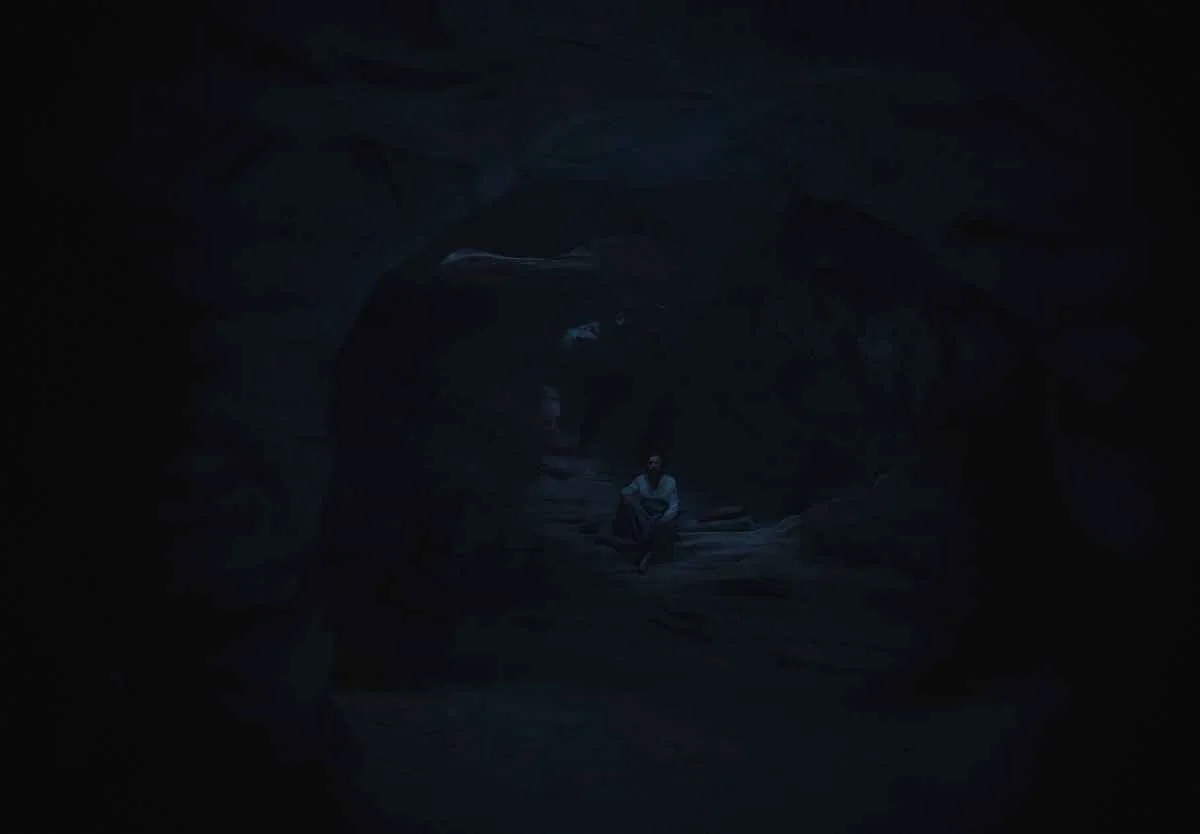
“So, there was a sort of buzz about Obi-Wan walking back on stage, you know. But then, when we came to do the actual scenes with these other actors, I was doing a sort of vague English accent, and it wasn’t really Obi-Wan’s voice at all. And I was, oh dear. That’s not — that’s not very good. So, you know, luckily, we had months before we actually started shooting.
“So, I went back and did some homework with Alec Guinness and what I’d done before in the original films. But those, I think, were the two things. Playing him felt totally like he’d always been there, ready to come out any minute. But just his voice needed a bit of work.”
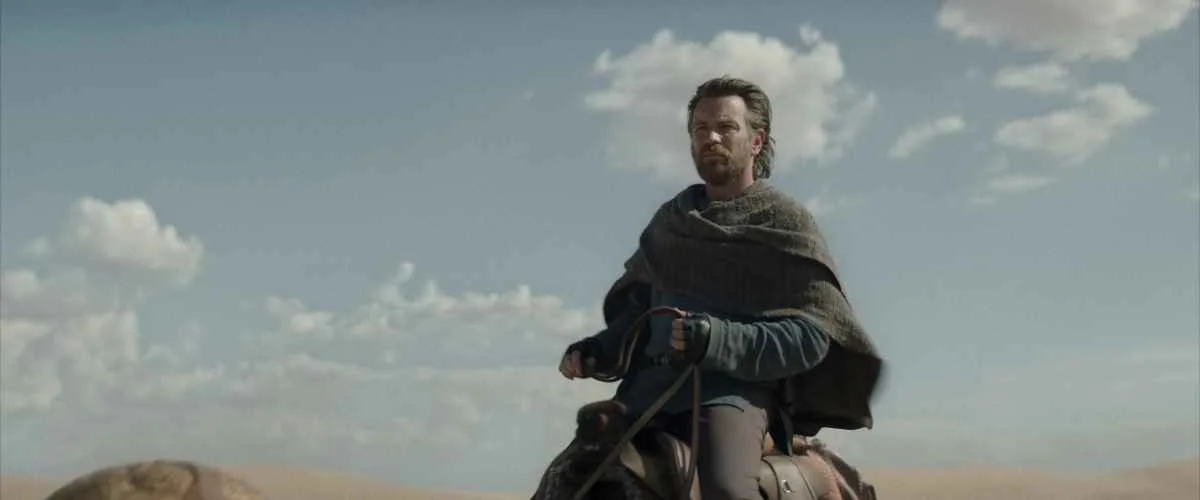
Ingram was asked about creating the essence and bearing of Inquisitor Reva. She said, “I actually — big credit to you for welcoming me in and caring about, you know, my thoughts in terms of who Reva might be. And so, you know, the costume was already made. Her hair, in particular, was different from the initial envisioning of the character. And it was just something that my hair didn’t do naturally, but Deb was so great about, you know, hearing me out on that, and, you know, that’s how we ended up with the braids, you know. It’s really important for me to do what my hair does…
“Yeah, the hair was a big deal. And another thing that I just thought of, too, like, I remember, like, growing up and watching, you know, certain things and with my brothers and, like, you’re not strong enough, like, it’s for boys, you know what I mean? But I think what’s cool about this is, like, you can fight like a girl and still, like, you know, be badass, which is pretty cool.”
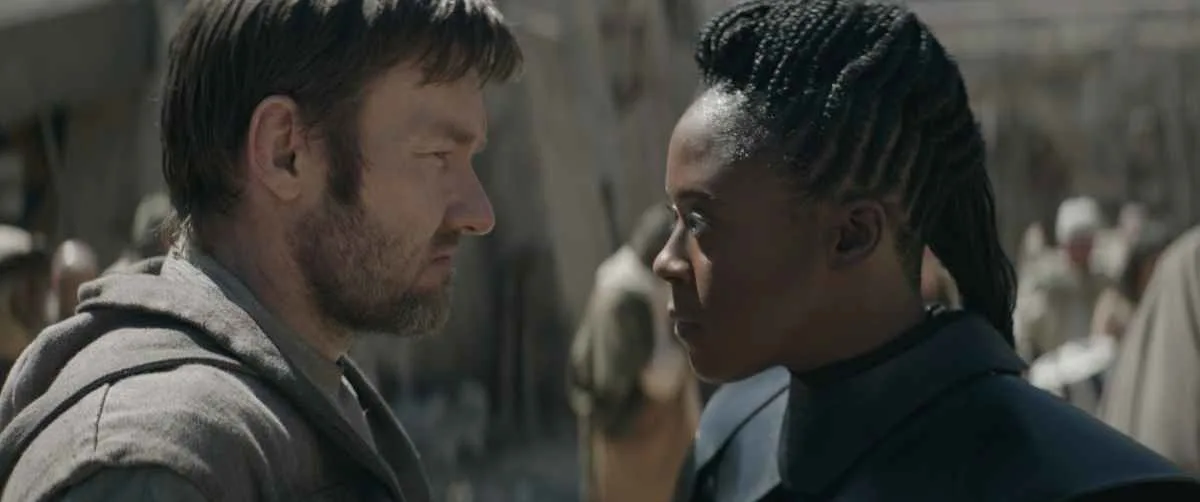
In terms of filling in the blanks between stories, Chow said, “I would say that was definitely one of the biggest challenges with this series is that, obviously, we have these huge legacy iconic characters, and we’re in between two trilogies. So, in large part, you know, we’re telling the second act of a story, which is often challenging enough.
“So, I think, you know, the biggest thing we were looking at is to respect the canon and respect what’s been done, but we also needed to have an original story and, you know, have an original vision for it. So, you know, I think that was the biggest challenge, but at the same time, it was very exciting that we were bringing back two of these huge iconic characters and telling a new story with them.”
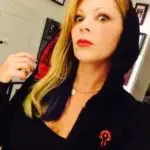
Jenna Busch has written and spoken about movies, TV, video games, and comics all over the Internet for over 15 years, co-hosted a series with Stan Lee, appeared on multiple episodes of “Tabletop,” written comic books, and is a contributing author for the 13 books in the “PsychGeeks” series including “Star Wars Psychology.” She founded the site Legion of Leia and hosted the “Legion” podcast.